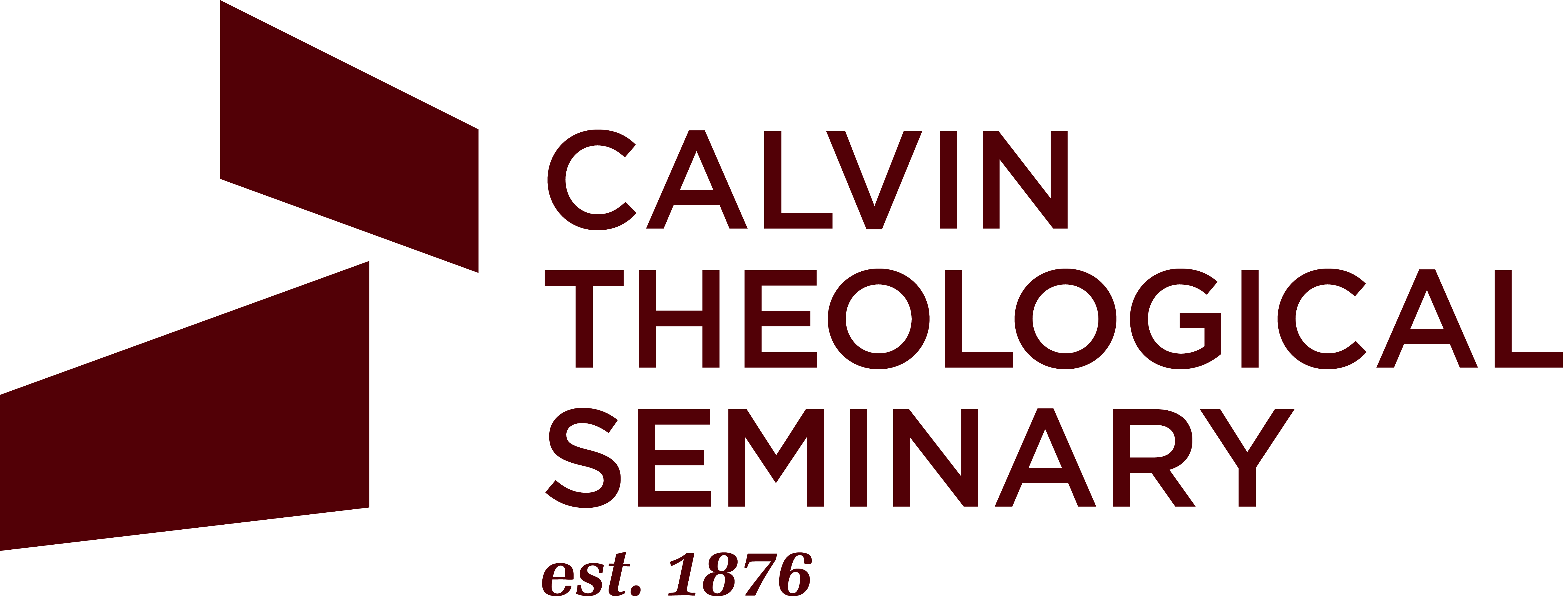The Need for Effective Leaders: Competency-Based Education on the Rise
Published by Aaron Einfeld
When I visited Kenya this spring, I met with Christian leaders trying to keep up with the growth in their local congregations. They needed to develop and mentor more leaders to handle the increasing numbers of believers and churches. By contrast, when I travel in some parts of the United States, I often see church buildings for sale, congregations strapped for resources, or pastors heading towards burnout.
Though these scenarios appear to be dramatically different, they point toward a common theme: churches worldwide are looking for ways to identify, prepare more effectively, and support leaders who can meet the pressing challenges facing the communities they serve. Whether churches are booming or are struggling to keep their doors open, the need remains the same: effective, mature, Christ-centered leadership.
A New Model
For some learners, the familiar classroom model of education—whether in person or online— remains a viable and trusted option. But in order to fill the vast need for effective ministry leaders, the church today must also embrace emerging leadership training pathways. For many aspiring learners, a more flexible educational format is needed. These learners are turning to a new model, known as competency-based theological education, as an option that fits into their lives, schedules, and goals for ministry while providing the dedicated mentorship they desire.
In competency-based education, students are paired with mentors who walk alongside the student as they develop and demonstrate competencies for ministry. These competencies integrate content knowledge with character development and practical skills. Through this intensive mentorship process, each student’s character is shaped and nurtured. Sometimes, the nurturing goes deeper than possible within a traditional classroom setting. In fact, today’s university model is a relatively “new” way of equipping church leaders. The apprenticeship model that Paul used in the New Testament may differ from the pedagogy of most of today’s seminaries, but it predates modern theological education.
Many institutions find it challenging to reconsider their assumptions about how leaders can best be equipped for their callings. However, as graduates of competency-based programs demonstrate their whole-person formation, more and more institutions are seeing its value. I recently returned from a conference in Italy that brought together 71 leaders from 32 countries, all exploring or implementing competency-based theological education at their institutions as a viable practice.
Empowering Leaders at CTS
Since 2022, Calvin Theological Seminary’s Empower program has offered competency-based theological education to leaders locally and across the country. What started as two distinct cohorts that are still going strong—one in Grand Rapids, Michigan, through Grand Valley Campus Ministries and the other in Port St. Lucie, Florida, through Sunshine Community Church—has now grown into a customizable program for groups and individuals alike.
Students in the program are matched with three mentors: one faculty member and two mentors from the learner’s current or desired ministry context. The mentors will walk with each emerging leader as they gain and hone the competencies needed to complete their program. Currently, the Empower program provides students with a pathway to either an M.A. degree in Christian Leadership or a Certificate in Christian Leadership.
What’s Next
What’s Next Competency-based theological education continues to gain traction around the world to meet the demand for effective ministry leaders. While some might lament a shift from comfortable and familiar forms of formal education, Calvin Theological Seminary is embracing this opportunity to adapt to new ministry contexts, just as ministry leaders worldwide are called to serve and adapt amidst rapid change. Launching the Empower program has been a “doubling down” on our mission of equipping disciples who disciple others. To serve emerging leaders—for whom issues like schedules, vocational obligations, and a lack of propensity toward traditional academics may hinder leadership training—we must embrace competency-based theological education.
Ultimately, the church risks losing its way without effective and well-formed leaders. To meet the challenges of our day, the church needs leadership formation processes that are accessible, flexible, and effective. With growth and challenges emerging in all corners of the world, we have no time to spare
Share
Visit Calvin Theological Seminary’s Campus
We can’t wait to host you on campus! Schedule your visit today, or, if you need more time to find a date that works for you, please request information so we can continue the conversation about supporting your calling!
